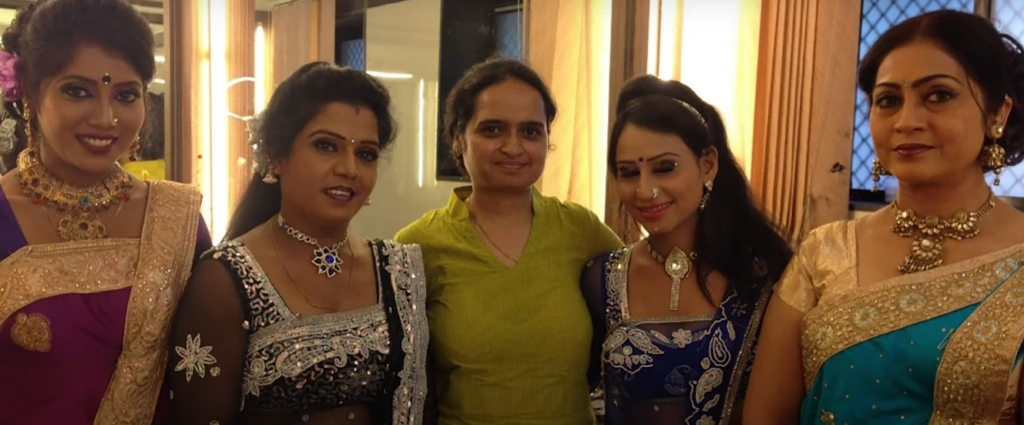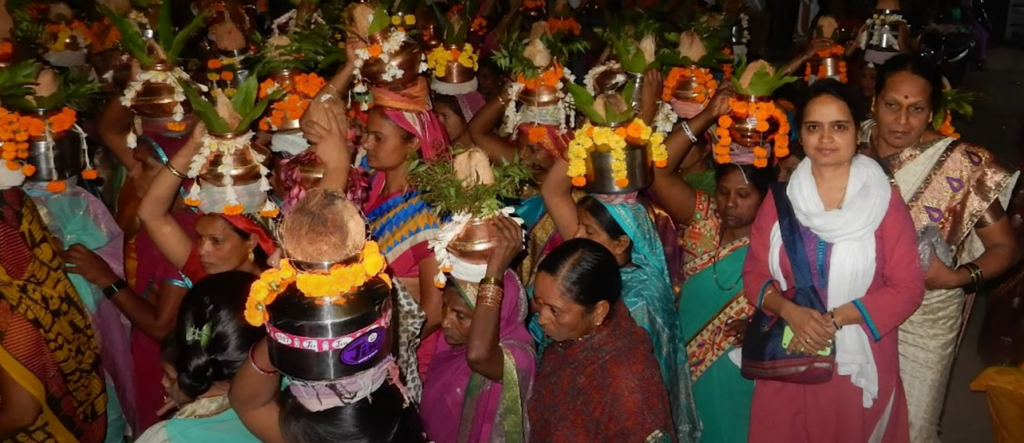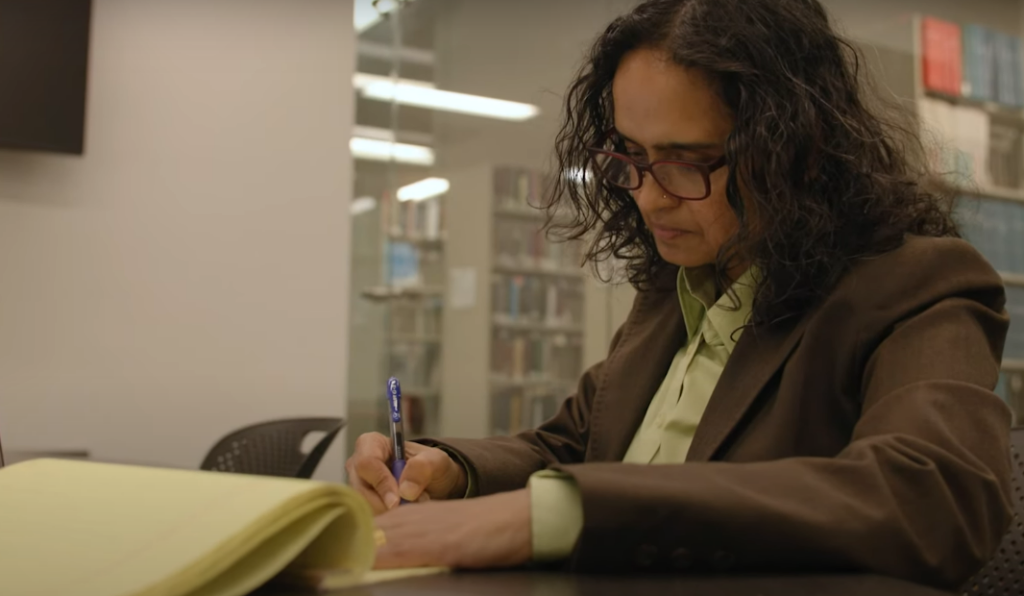Esteemed historian and research professor at the University of Cincinnati, Dr. Shailaja Paik becomes the first Dalit person to receive the distinguished MacArthur ‘Genius’ Grant of $800,000. Born into a community often regarded as ‘untouchables’, the journey of Paik is a powerful affirmation for the oppressed and marginalized communities.

Shailaja Paik’s groundbreaking work revolves around studying the lives of marginalized communities, particularly Dalit studies, gender, and feminism. Her two books, Dalit Women’s Education in Modern India: Double Discrimination and The Vulgarity of Caste: Dalits, Sexuality and Humanity in Modern India explore the struggles faced by Dalit women, whose stories have historically been silenced by the public and academic discourse. She brings out the ‘double discrimination’ of being a woman and Dalit, by interviewing three generations of women in Maharashtra and how patriarchal traditions limit opportunities for them. In an interview with NPR, she highlights how there has been no formal documentation of centuries-old discrimination and has set on a journey to create an archive on her own.

“I’ve worked very hard all my life against odds, and while every success I’ve had has been appreciated and celebrated by parents, friends, and extended family, I’ve never been called a “genius” before. It’s overwhelming, but when I think of how I got here — an often rocky journey — I’m going to embrace it with gratitude.“
Courage takes many forms, and the story of Dr. Paik is certainly an inspiration. Born in a poor family in Pohegaon, Paik struggled with basic amenities. She lived in a one-room house in a density-populated slum without any access to toilets and sanitation. Growing up in a community that was systemically devoid of opportunities, Paik dedicates her success to her parents, who worked day and night alike, ensuring their children aren’t left battling for livelihood like them. Paik’s father was the first graduate Dalit man in his village and her mother was a domestic worker. Motivated to turn the tables and get better living standards, she escaped the slum life through better education and employment. She moved on to get her master’s degree from Savitribai Phule University in Pune and became a history lecturer in Mumbai. With the Ford Foundation fellowship, she pursued a doctoral degree at Warwick University and arrived in the U.S. after a fellowship from Emory University.

“Those who are privileged elites have pushed the burden of [making amends for prejudices like] caste onto Dalits, of race to Black people and of gender to women, thus holding the oppressed responsible for fighting for their rights and addressing their difficulties on their own.”
– Dr. Paik

The intersectionality of caste, gender, politics, and power has long silenced the voices of the underprivileged. Dr. Paik recognized the systematic structures of caste and politics while completing her Ph.D. dissertation in 2002 and 2003. She interviewed almost 180 women from different social backgrounds, especially focusing on the Tamasha women of Maharashtra, bringing the stories forward in the form of her books and lectures, emphasizing how gender and sexuality played a huge role in manipulating and dominating Dalit women.
Shailaja Paik is one of the 22 recipients of the MacArthur Fellowship, a prestigious grant awarded to outstanding creative and intellectual talent by the MacArthur Foundation. Labeled as a ‘no-strings-attached’ grant, it gives complete freedom to the recipients to use the award money as per the researchers’ needs.

“This fellowship is a celebration of the enormous contributions of Dalits — their ideas, actions, history, and fight for human rights — as much as it is of me as a Dalit woman scholar.“
– Dr. Paik
The significance of the grant is beyond academic achievement. This grant is a beacon of hope for the women and prejudiced whose stories have been unheard for the longest time. In a country where casteism and gender discrimination have been continuing for decades, Paik’s work is a testament that societal change can start with you if you want to. Her work reminds us to acknowledge our privilege, stop pretending that caste doesn’t exist, and contribute our part in efforts of societal change.

















